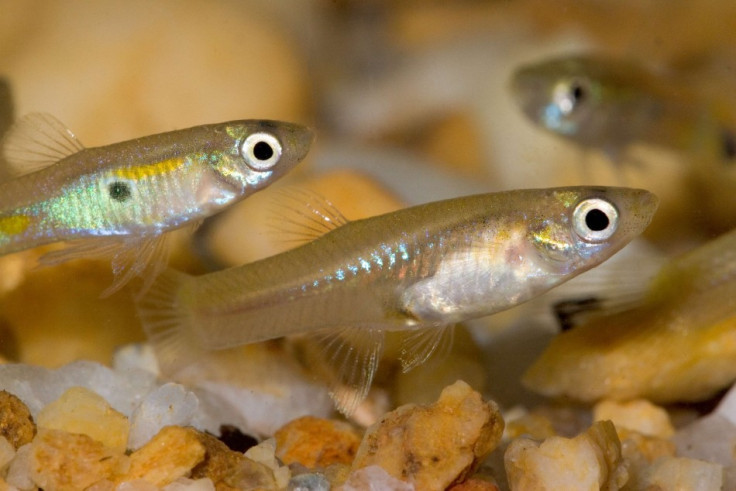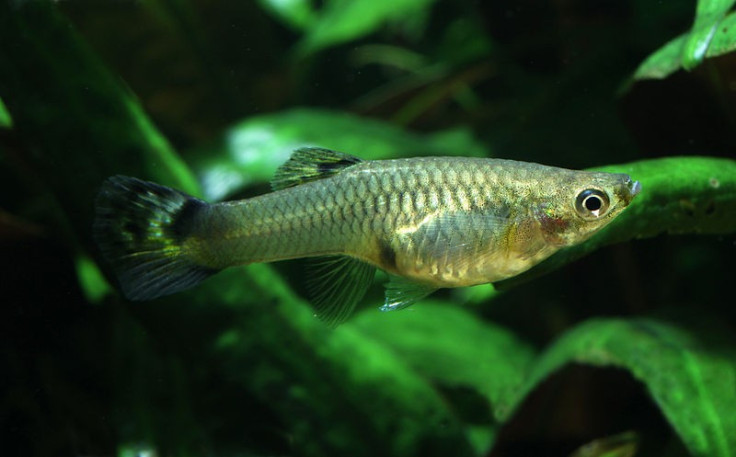Guppy Sperm Survives for 10 Months after Fish Dies

Male guppies are able to reproduce for almost a year after they have died by storing their sperm inside females.
Researchers at the University of California Riverside said their study of the reproductive system of guppies had revealed the first example of a 'sperm bank' in vertebrates.
The team found that male guppies could reproduce after death because their sperm can survive inside females for up to 10 months after death.
Female guppies have a much longer lifespan than males - two years compared to three to four months.
"If we were to use males to estimate generation time, then these differences mean that lucky females live for three generations," principle investigator David Reznick said.
"A human equivalent would be for us to have women around who were 90 years old and still very fertile."
Reznick said the reason males store their sperm to reproduce posthumously is to stop the species dying out .
"Populations that are too small can go extinct because close relatives end up breeding with each other and offspring suffer from inbreeding," he said.

"If there are stored sperm, then the real population size is bigger than the number of animals you see. Stored sperm can increase genetic variation in other ways."
Male guppies are brightly coloured with variable patterns. Females are more attracted to those with rare patterns, so a dead male guppy with a long-lost colour pattern is able to produce a son who will be preferred by females. Because of the extended lifespan of females, sons can turn up two generations after their father has died.
Reznick said long-term sperm storage allows females to set up a new colony and a new population with good genetic diversity - older females are able to carry the sperm of several dead males.
"They produce seeds that can lay dormant in the soil for decades so each year new offspring can appear that represent many prior generations of parents," Reznick said.
"Water fleas also lay eggs that can lie dormant for long intervals of time. But this is the first time we see such a phenomenon in a vertebrate."
The researchers believe sperm storage could be much more common than previously thought, however.
"It may only seem rare because almost no one has looked for it. It could be common and could play an important role in sustaining genetic diversity in natural populations," Reznick concluded.
© Copyright IBTimes 2025. All rights reserved.




















